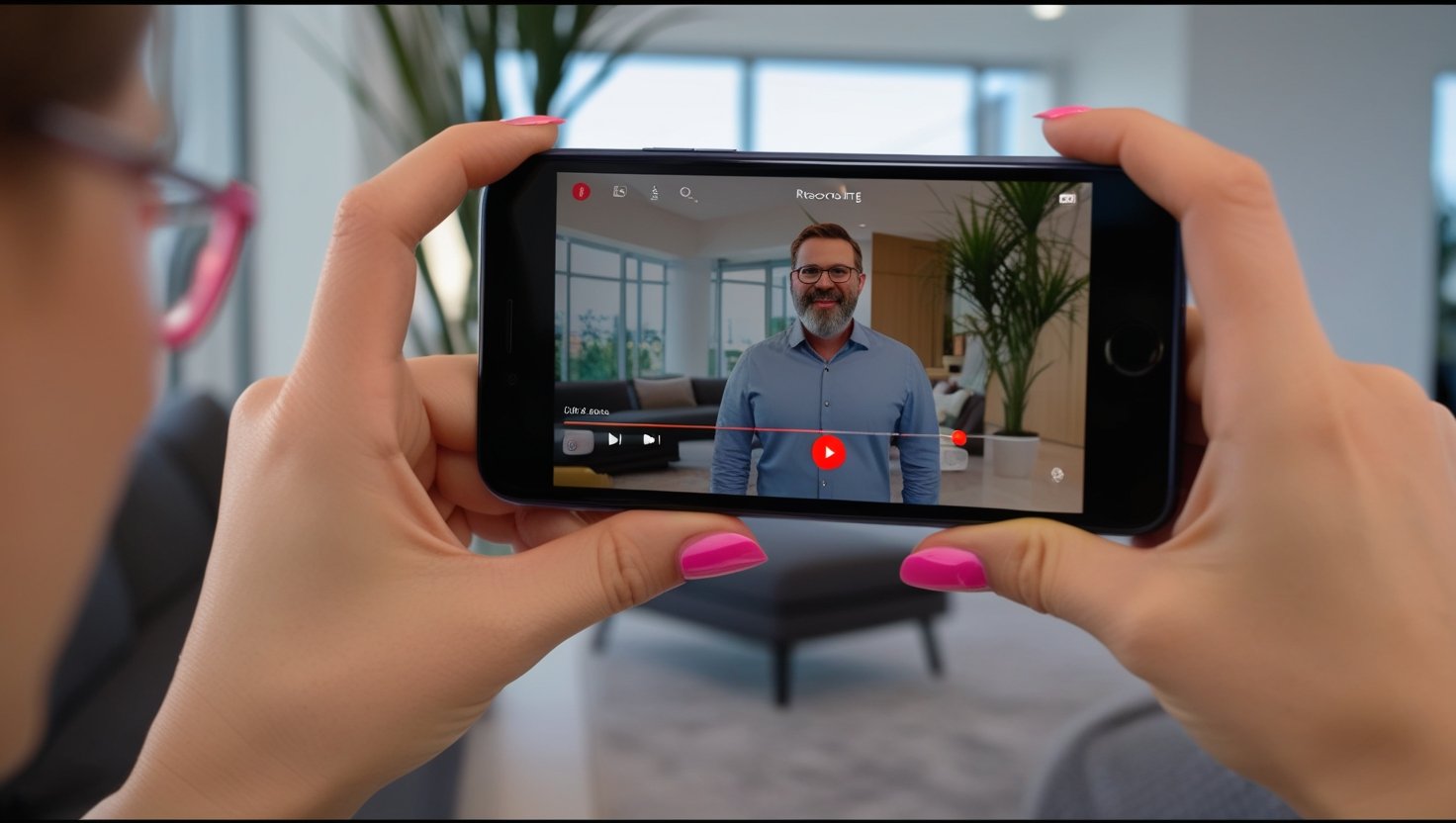Introduction
English communication tips are vital for non-native speakers seeking clarity. For busy professionals and design enthusiasts navigating a global landscape, mastering English communication is a refined skill worth pursuing. Here, we explore four powerful tips to enhance clarity, reduce grammatical errors, and make the learning process both effective and enjoyable. Whether English is your second, third, or fourth language, these strategies—shared by communication skills teacher Andrew van—will elevate your sophistication and confidence.
The Beauty of Your Accent: Focus on Articulation
Your accent is not a problem. “Your accent is beautiful; it’s what makes you unique,” says Andrew van, who speaks English as his third language after a Chinese dialect and Vietnamese. The real challenge lies in poor articulation and pronunciation. Instead of striving to erase your accent, refine how you form sounds. Clear articulation transforms your unique accent into a strength, enhancing your credibility and presence.
A Transformative Exercise: Record and Refine
One impactful way to improve is to record a 20-minute video of yourself speaking. Here’s how to do it:
- Go to Google or ChatGPT and type in “top 10 deep conversational starters.”
- Get those questions, put them in front of you, turn on the camera, and answer them.
- You’re not allowed to prepare; you’re not allowed to rehearse—answer spontaneously.
- Preferably, stand while recording to reflect natural speech conditions.
- Get the video transcribed to obtain a text version.
- Send that video to a speech pathologist in your local area.
For about $50, a speech pathologist can review your video and provide personalized feedback, such as: “Here are the top 10 exercises to work on the sounds that I’m struggling with.” Andrew shares how he once mispronounced “three” as “free” and slurred words like “I was going to, but I didn’t want to.” This exercise revealed incorrect mouth movements, making it “one of the greatest investments you ever make in your communication.”

Harness Technology: AI for Grammar Precision
Take the transcript of your 20-minute video and plug it into Chat GPT with this prompt: “What are the top 10 grammatical errors that I’m currently making inside this transcript? ” In approximately 30 seconds, Chat GPT will identify your most frequent mistakes—often past tense, future tense, or plurals. Andrew notes, “One of the quickest ways to lose credibility… is not using the correct grammar.” This efficient method ensures you address errors that could undermine your authority, especially in the Western world.
Practice and Play: The Key to Fluency
To master English, “speak English as often as you can.” Andrew insists, “You will never get better at something if you don’t practice it more.” Here’s how to make it engaging:
- Talk to yourself: If no one’s around, it’s still valuable practice. “Can you open your mouth and talk by yourself? Yes.”
- Strengthen spontaneity: Practice retrieving knowledge and articulating it immediately to build a mind-mouth connection.
- Play with your voice: Go a little bit silly, have fun, and experiment during practice sessions.
These English communication tips elevate your professional presence. Andrew practices this himself, shaping information with metaphors and stories on the spot. Consistent, playful practice accelerates improvement, making you “get good so fast you’re not going to know what to do with yourself.”

Conclusion
Elevating your English as a non-native speaker is about loving your accent while refining articulation, pronunciation, and grammar. Record yourself to uncover weaknesses, consult a speech pathologist for tailored exercises, use AI to perfect your grammar, and practice playfully every day. These actions, rooted in Andrew’s expertise, empower you to communicate with elegance and refinement, qualities that resonate with Luxrity’s sophisticated audience.
Frequently Asked Questions
How long does it take to see improvement in my English communication skills?
The timeline for improvement depends on your starting point and consistency. With daily practice—such as speaking aloud, recording yourself, and refining grammar—you may notice progress in as little as a few weeks. For significant fluency, expect a few months of dedicated effort.
Can these tips help if English is my first language?
Yes, absolutely. Native speakers can refine articulation, boost spontaneity, and streamline grammar with these techniques. Clear, confident communication is invaluable for professionals in high-end industries.
What if I can’t afford a speech pathologist?
No speech pathologist? No worries. Record yourself and watch the tapes to evaluate for clarity and pronunciation. Or try asking a colleague or friend to give you their opinion. Awareness and practice are strong tools individually.
How can I make my grammar practice interesting?
Make grammar a game—use AI models such as ChatGPT to detect mistakes in your writing or speech immediately. Combine this with reading good quality material (such as Luxrity.com content) or composing short, lovely pieces to polish your skills in the process naturally.
Is it too late for me to become proficient in English if I have been using it for years?
It’s never too late. Whether you’re a novice or an expert speaker, these suggestions—accepting your accent, daily practice, and technology—can take your communication to new levels at any point.
Do I need high-end equipment to record myself?
Not at all. A smartphone or laptop with a basic camera and microphone is sufficient. The focus is on hearing your natural speech patterns, not producing a cinematic masterpiece.





